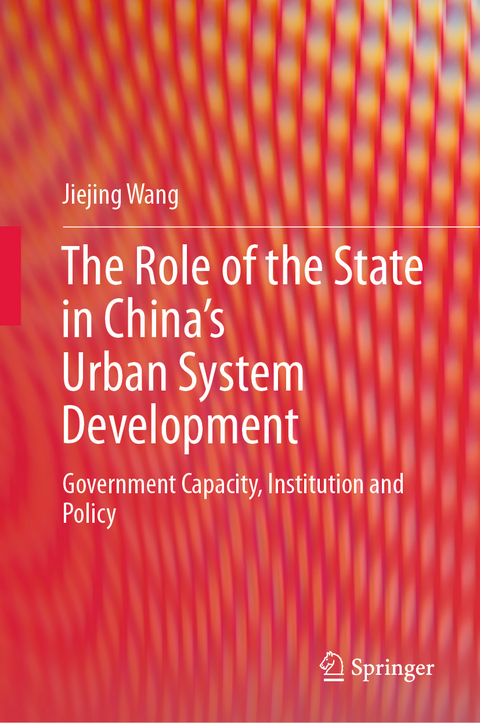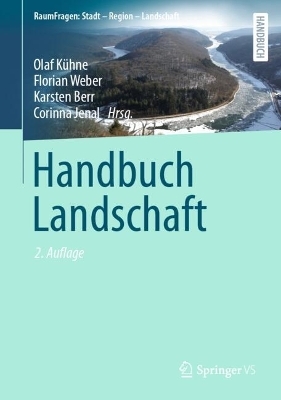
The Role of the State in China’s Urban System Development
Springer Verlag, Singapore
978-981-336-361-8 (ISBN)
The book reveals that the state has largely achieved the goal of its national urban system policy to “strictly control the scale of large cities” resulting in the under-development of the large cities if they are mainly developing according to the market force. However, this has become less influential with the advances toward a market economy. Further, state regulation and policies have reduced the gaps between cities at the top and bottom of the urban hierarchy. The book argues that the Urban Administrative System (UAS) is an important tool for the state to regulate urban system development, and the administrative level has a significant effect on urban growth performance. It contends that China’s urban system is strongly shaped by the omnipresent state through the UAS, which hierarchically differentiates between the urban growth processes. By controlling the administrative-level upgrading process, the state can prevent the size and number of cities from increasing too rapidly.
This theoretical and empirical enquiry highlights the fact that the hierarchical power relations among cities and the resulting variations in urban government capacities are the key to understanding the role of the state in China’s urban system development in the post-reform period.
Jiejing Wang is Associate Professor in the School of Public Administration and Policy, Remin University of China, Beijing. He received his bachelor degree of engineering in urban planning and master degree of science in geography from Peking University, and he got his Ph.D. from The University of Hong Kong. His research interests focus primarily on urbanization, urban system, migration, and urban transformation in China. He has received a number of scholarly awards, including HKU Li Ka Shing Prizes (2015/2016) and Finalist of Royal Town Planning Institute (RTPI) Awards for Research Excellence (2016).
Introduction.- Literature Review.- China’s Urban System Development: Basic Concepts, Historical Development, and Changes of the State Policies and Institutions.- Conceptualizing the Role of the State in China’s Urban System Development.- Identifying the Development Patterns of China’s Urban System: Effects of the National Urban System Policy.- Effects of Urban Government Capacity on Urban System Development in China.- Effects of Urban Administrative System on Urban System Development in China.- Conclusions.
| Erscheinungsdatum | 24.02.2021 |
|---|---|
| Zusatzinfo | 22 Illustrations, color; 34 Illustrations, black and white; XVI, 213 p. 56 illus., 22 illus. in color. |
| Verlagsort | Singapore |
| Sprache | englisch |
| Maße | 155 x 235 mm |
| Themenwelt | Naturwissenschaften ► Geowissenschaften ► Geografie / Kartografie |
| Sozialwissenschaften ► Soziologie ► Spezielle Soziologien | |
| Schlagworte | City-size distribution • National urban system policy • political hierarchy • State and urban system • State-led urbanization • The role of Chinese state in urbanization • Urban administrative system • Urban government capacity • Urban system in China • Urban transformation in China |
| ISBN-10 | 981-336-361-4 / 9813363614 |
| ISBN-13 | 978-981-336-361-8 / 9789813363618 |
| Zustand | Neuware |
| Haben Sie eine Frage zum Produkt? |
aus dem Bereich


